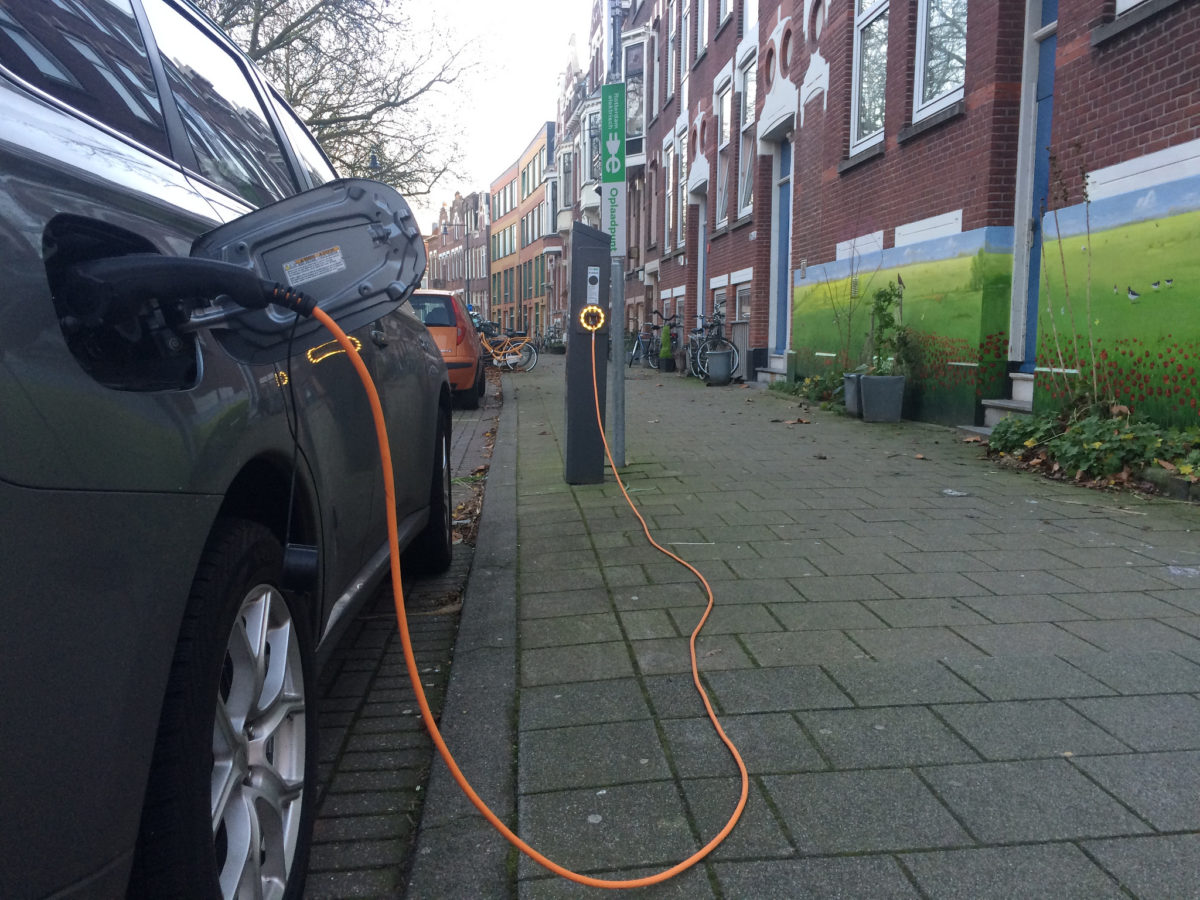The increasing number of electric vehicles on roads had once been dubbed a severe concern for grid operators, as charging during certain hours could easily overstress the grid. Quickly, a win-win solution for the EV and renewables industry was found in smart charging, which allows for car charging at off-peak moments.
The U.K. based power producer UK Power Networks, has launched a trial to manage smart charging patterns via a market-led approach for the first time in the country. In a trial dubbed Shift, the company offers financial incentives to 1,000 owners of electric vehicles, for charging their cars during off-peak hours.
In an announcement, UK Power Networks said “the options are either to spend customers’ money on building new infrastructure to meet this increasing demand or to charge in a smarter way to avoid it.”
For this trial, energy technology supplier Octopus Energy, intelligent energy platform Kaluza, of OVO Group, and charge point operator Pod Point will work to develop business models and market mechanisms to enable smart charging, to eventually roll out a solution nationwide.
At the beginning, the involved companies will recruit 1,000 members of the public who own an electric vehicle and charge it at home in the business areas of UK Power Networks, the London area, and the South and East of England.
“We’re really excited to be working with our customers and industry on a nationally-significant trial that could revolutionize the electric vehicle industry,” said Ian Cameron, head of innovation at UK Power Networks. “There has been a lot of talk about how smart charging could save customers money and help manage the network, but this is the first time we’ve actually set out to discover how.”
The project could be direly needed, as the U.K.’s grid operator National Grid recently published its Future Energy Scenario report. Therein, the grid operator asserted that for a net zero carbon emissions economy by 2050 to be feasible, significant capacities in of smart charging must be unlocked. According to the authors, an 80% CO2 reduction target against the backdrop of a 1990 baseline, requires a similar amount of renewable energy and electrification. For the last 20% of reduction, legislators and grid operators must make use of flexibility options such as demand side response, smart charging, and vehicle to grid – at scale. National Grid anticipates that 65% of EVs on Britain’s roads will adopt smart charging.
Aside from benefits to the grid, the Institute for Energy Economics and Financial Analysis (IEEFA) examined what other advantages could arise for customers from the exercise in its Electric Vehicles and Batteries can Drive Growth of Residential Solar report, in May. In Britain, with the current low VAT regime for solar products, the payback time for a standalone solar system is estimated at 19 years, with an annual return on investment of -2.7%.
According to this study, the combination of EVs and solar systems could reduce the expected payback period to nine years, with a return on investment of 0.9%. The combination of EV battery storage and a solar rooftop creates an even stronger financial case for Britain, prompting a payback period of just four years.
This article has been amended on 23.07.19, to stand corrected about the relationship of Kaluza and OVO Group.
This content is protected by copyright and may not be reused. If you want to cooperate with us and would like to reuse some of our content, please contact: editors@pv-magazine.com.




4 comments
By submitting this form you agree to pv magazine using your data for the purposes of publishing your comment.
Your personal data will only be disclosed or otherwise transmitted to third parties for the purposes of spam filtering or if this is necessary for technical maintenance of the website. Any other transfer to third parties will not take place unless this is justified on the basis of applicable data protection regulations or if pv magazine is legally obliged to do so.
You may revoke this consent at any time with effect for the future, in which case your personal data will be deleted immediately. Otherwise, your data will be deleted if pv magazine has processed your request or the purpose of data storage is fulfilled.
Further information on data privacy can be found in our Data Protection Policy.